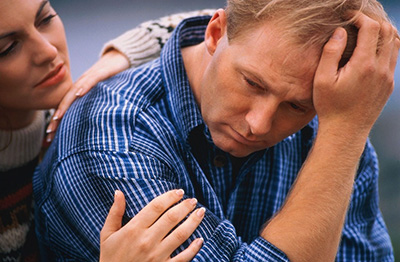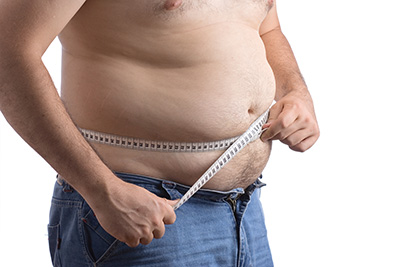
Did you and your husband begin to be examined for infertility, and it turned out that the reason lies in the low quality of the seminal fluid? At the same time, he was found to have low testosterone? Is infertility related to the level of this hormone, what is testosterone in men and how, in the end, can its level be normalized?
What is testosterone
It is a hormone with a pronounced anabolic effect, which is produced in men both in the adrenal glands and in the testes. Moreover, more of it is synthesized in the gonads, and its high concentration is created there.
How is testosterone produced in men? It is formed by special cells of the testicle from cholesterol and is a prohormone in its structure. To have all of the above effects, testosterone needs to be processed by the enzyme 5-alpha reductase. This is how the active form of testosterone is obtained - dihydrotestosterone.
The "command" for the production of testosterone is brought by the pituitary luteinizing hormone (LH). If testosterone levels drop, a signal is sent to the pituitary gland to produce more LH and therefore testosterone. If the level of testosterone in a man is increased (for example, he is taking synthetic drugs), then LH decreases. And when a man stops taking his supplements, it can take a long time before LH levels return to normal and give the “command” to synthesize his own testosterone.
What determines the level of testosterone in men? For the synthesis of this hormone, a complex of factors is important:
- physical activity of a man;
- the nature of the diet: the content of cholesterol and vitamin D in food;
- the state of testicular cells: they can be damaged reversibly (with bacterial orchitis, which was cured in time) or irreversibly (for example, with mumps - mumps, diabetes, severe testicular injury, varicocele);
- the state of the pituitary gland in which LH is produced;
- medications taken (for example, anticancer drugs inhibit the activity of testicular cells);
- the level of estrogen in the male body: when it decreases, the amount of testosterone also decreases;
- prolactin levels (high levels of this hormone reduce testosterone synthesis).
Testosterone in men and infertility
Here's what male testosterone levels affect:
- is responsible for the formation of male genital organs;
- promotes muscle growth;
- improves heart condition;
- enhances calcium deposition in bones;
- responsible for the structure of the larynx and the whole body according to the male type;
- is the main cause of specific male behavior and mental reactions;
- forms the appearance of hair and adipose tissue strictly in certain places;
- promote sperm production.
Both low and high testosterone levels can be to blame for infertility. In the second case, testosterone suppresses LH production, which increases the production of follicle-stimulating hormone. This inhibits sperm division.

What level of testosterone should a man have
What is increased testosterone in men? These are indicators above 33 nmol / l in the stronger sex of 18-50 years old, and above 20 nmol / l - at the age of over 50.
The norm of free testosterone in men 18-50 years old is 5.5-42 picograms in 1 ml of blood (or 5.76-33 nmol / l). After 50 years, the level of the hormone decreases to 5.4-19.5 nmol / l.
Signs of increased testosterone in men will not be visible externally if the level of the hormone is 20-30% higher. If the concentration of the hormone is significantly higher, the following are noted:
- baldness;
- excessive hair growth on the chest, legs, back, face;
- frequent headaches;
- insomnia;
- aggressive behavior;
- muscle growth.

If testosterone is not produced in men
If the testosterone concentration is below 5 nmol / L, there are signs of low testosterone in men. It:
- decreased libido;
- erectile dysfunction;
- obesity;
- reduction in the amount of body hair;
- fast fatiguability;
- dry skin.
How to raise testosterone levels in men, the doctor will say. To do this, you need to find and eliminate the cause that led to this condition. In addition, the doctor will recommend:
- make lifestyle changes: increase the frequency and duration of walks and stay in the fresh air, sleep longer at night (the duration of deep sleep is important);
- change the nature of the diet: increase the consumption of homemade meat, nuts, raisins; limit the use of alcohol (especially beer);
- physical activity.
In some cases, the amount of the hormone can increase with zinc, vitamin D and magnesium supplements. Sometimes you may need to take gonadotropin drugs.
